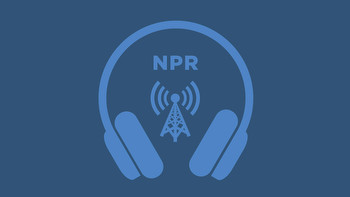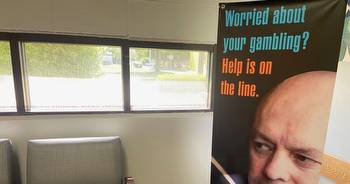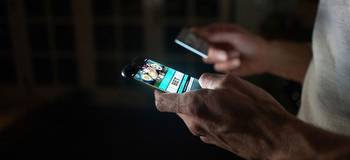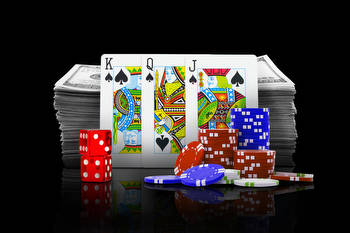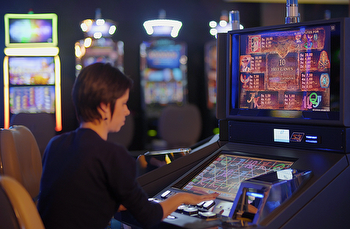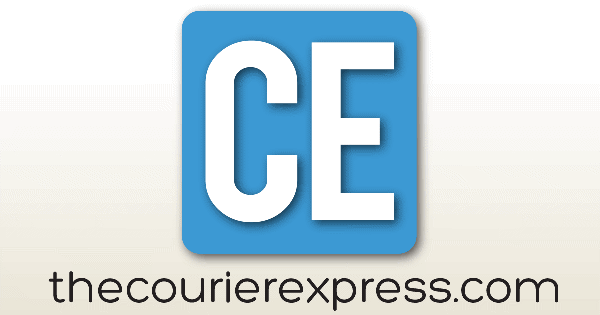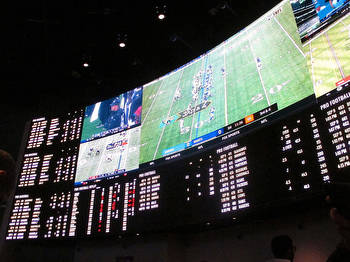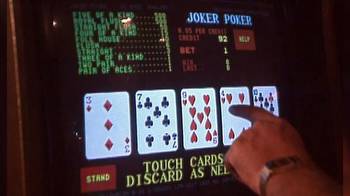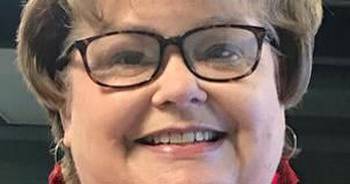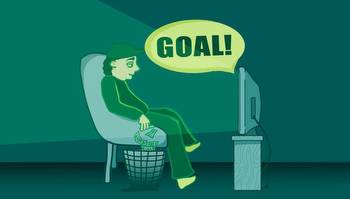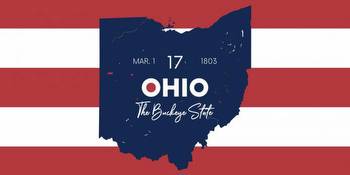SPONSORED: How to Identify Gaming Disorder, Gambling Awareness Month

In the US, there are 227 million gamers. Today, more people have access to, and are participating in gaming activities than ever before.
While many can enjoy video games without developing any consequences, there are a portion of those who go from responsible levels of play to areas of problematic gaming. Those who progress to problematic gaming often get to a point where several areas of their lives are impacted in a negative way.
Armstrong-Indiana-Clarion Drug and Alcohol Commission and Clarion Drug Free Coalition would like to invite your agency/organization to attend the upcoming workshop What is Gaming Disorder? How to Identify when Gaming is Problematic presented by Dr. Stephanie Diez-Morel PhD, LCSW, MCAP, IGDC, BACC on March 25, 2022, 10:00 a.m. to 11:30 a.m. via Zoom. In this presentation we will review what gaming disorder is, who it impacts, how to identify it, and what to do to help. This workshop will take place during the regularly scheduled March Clarion Drug Free Coalition.
To pre-register for this workshop, please use one of the following options:
Research suggests that several practices in video games, such as loot boxes, token wagering, real-money gaming, and social casino spending, are also significantly linked to problem gambling. For the twentieth year, Armstrong-Indiana- Clarion Drug & Alcohol Commission (AICDAC), in collaboration with the National Council on Problem Gambling, dedicates the month of March to helping people with a problem gambling disorder and awareness surrounding problem gambling. The campaign aims to encourage having conversations about problem gambling and directing people to the help they may need. Approximately 2 million U.S. adults (1% of the population) are estimated to meet the criteria for a gambling disorder. Another 4-6 million (2-3%) are considered to meet the criteria for problem gambling; and yet for many residents of the US, gambling remains a hidden addiction.
According to the National Council on Problem Gambling, the top four signs of problem gambling include, feeling restlessness or irritability due to inability to gamble, lying to hide gambling activities, spending larger amounts of money to reach the same level of excitement that you once reached at a lower level, and relying on other individuals to pay gambling debts and/or bills.
This grassroots campaign brings together a wide range of stakeholders, including public health organizations, treatment providers, advocacy groups, and gambling operators. They work collaboratively to let people know that hope and help exist.
To get help for a gambling problem for you or a loved one, call or text 1-800-522-4700. The call is free and confidential. For more information about problem gambling and how to have the conversation, go to www.ncpgambling.org/pgam or www.ncpg.org/chat.
Copyright © 2022 EYT Media Group, Inc. All rights reserved. Any copying, redistribution or retransmission of the contents of this service without the express written consent of EYT Media Group, Inc. is expressly prohibited.








